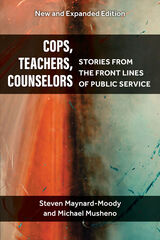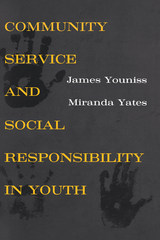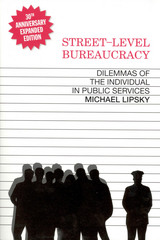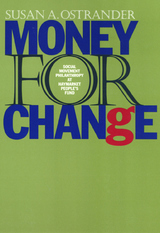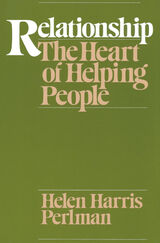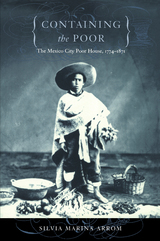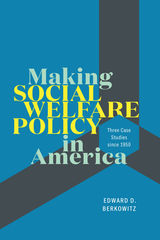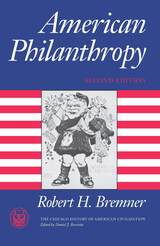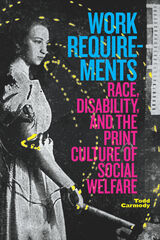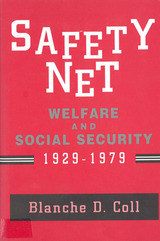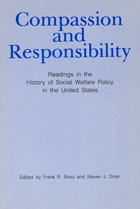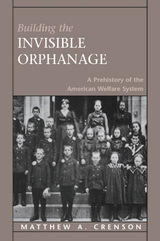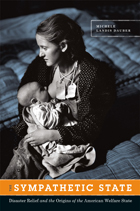Tales of Wayward Girls and Immoral Women: Case Records and the Professionalization of Social Work
University of Illinois Press, 1998
Paper: 978-0-252-06698-6 | Cloth: 978-0-252-02397-2
Library of Congress Classification HV43.T43 1998
Dewey Decimal Classification 361.32
Paper: 978-0-252-06698-6 | Cloth: 978-0-252-02397-2
Library of Congress Classification HV43.T43 1998
Dewey Decimal Classification 361.32
ABOUT THIS BOOK | REVIEWS
ABOUT THIS BOOK
Writing case records was central to the professionalization of social work, a task that by its very nature "created clients, authorities, problems, and solutions." In Tales of Wayward Girls and Immoral Women, Karen W. Tice argues that when early social workers wrote about their clients they transformed individual biographies into professional representations. Because the social workers were attuned to the intricacies of language, case records became focal points for debates on science, art, representation, objectivity, realism, and gender in public charity and reform. Tice uses 150 case records of early practitioners from a number of reform organizations and considers myriad books on the specifics of case recording to analyze the competing models of record-keeping, both in the field and outside it.
"An original and important study, this is the first major work I know of to carry out a contextual analysis of case records and to discuss the role case records have played in the development of social work." -- Leslie Leighninger, author of Social Work, Social Welfare, and American Society
"An original and important study, this is the first major work I know of to carry out a contextual analysis of case records and to discuss the role case records have played in the development of social work." -- Leslie Leighninger, author of Social Work, Social Welfare, and American Society
See other books on: Records and correspondence | Social case work | Social service | Tales | United States
See other titles from University of Illinois Press




